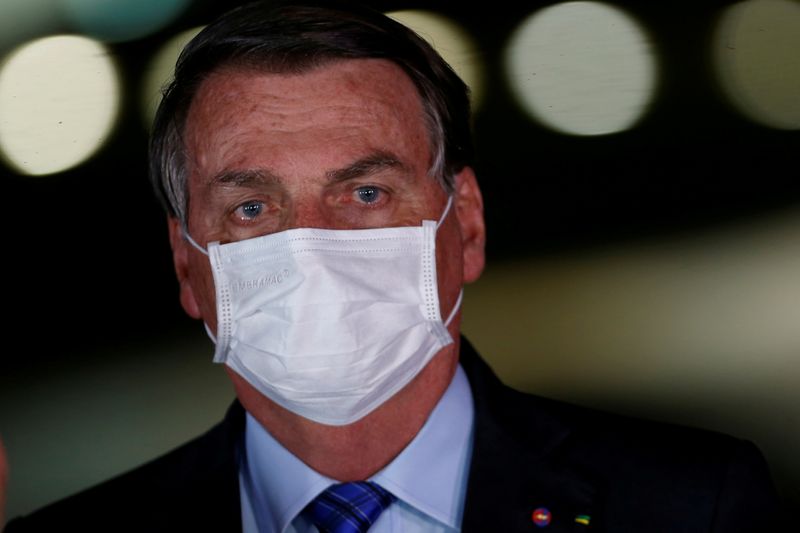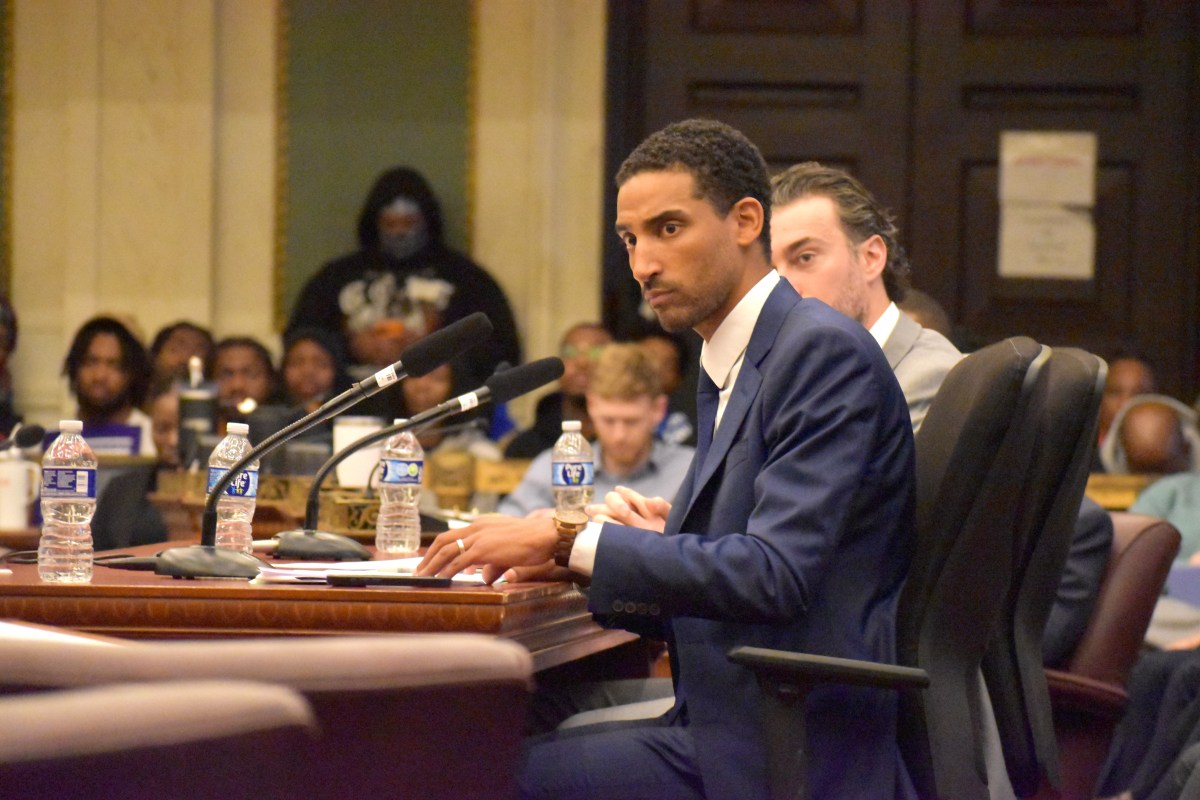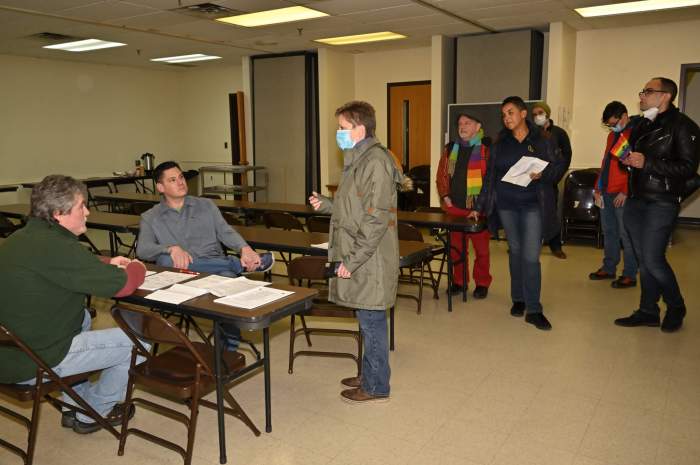BRASILIA (Reuters) – Brazilian far-right President Jair Bolsonaro faces a crucial test of his newly-built support base in Congress on Thursday afternoon when the lower chamber will vote on whether to uphold or overturn his veto on a public sector pay rise.
The government’s leaders in Congress said they expect the veto will be approved. Lower house speaker Rodrigo Maia said he was working to get it passed for the good of Brazil at a time of increased public spending due to the coronavirus pandemic.
On Wednesday, the Senate decided to overturn a presidential veto blocking higher spending on civil servants’ salaries, in a move that could increase public expenditure by billions of reais.
“I cannot govern this country if the lower house keeps the decision to overturn the veto. It would be impossible to govern Brazil,” Bolsonaro said outside the Alvorada Palace, the president’s official residence, estimating the cost of the pay hikes at 120 billion reais ($21.17 billion) for the treasury.
Economy Minister Paulo Guedes called the Senate decision a “disaster” and a “crime.”
Amid fiscal concerns, the Brazilian real continued a downward trend against the U.S. dollar, weakening roughly 2% before recovering to 5.62 reais. The stock exchange index was down 0.8%.
Chief government whip in the upper chamber, Senator Fernando Bezerra, said the veto failed to muster support after an agreement with the country’s governors on disbursing 60 billion reais of aid to states and local authorities fell through.
Bezerra told Reuters that Bolsonaro will announce on Tuesday the extension of a program of emergency payments to low-paid and informal workers. The program has injected funds into the economy that have improved recovery prospects.
The extension will not go to the end of the year and will be less than the 600 reais per month paid out until now.
(Writing by Carolina Mandl and Anthony Boadle; Editing by Marguerita Choy and Alistair Bell)






















